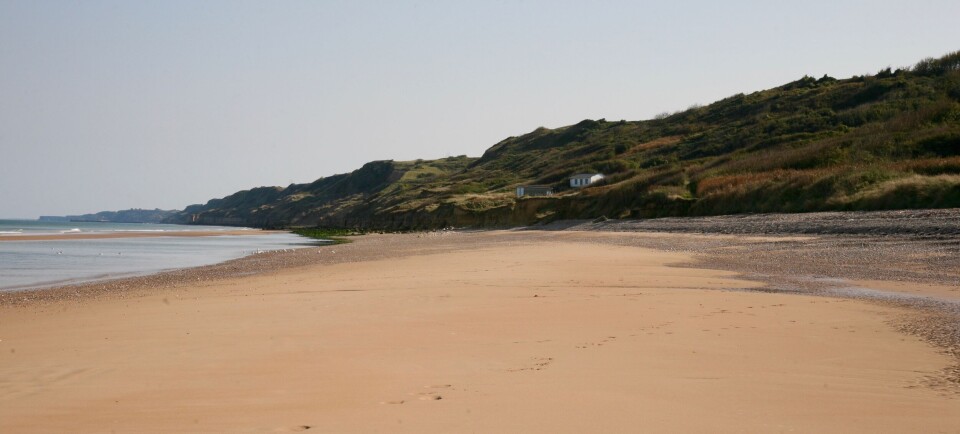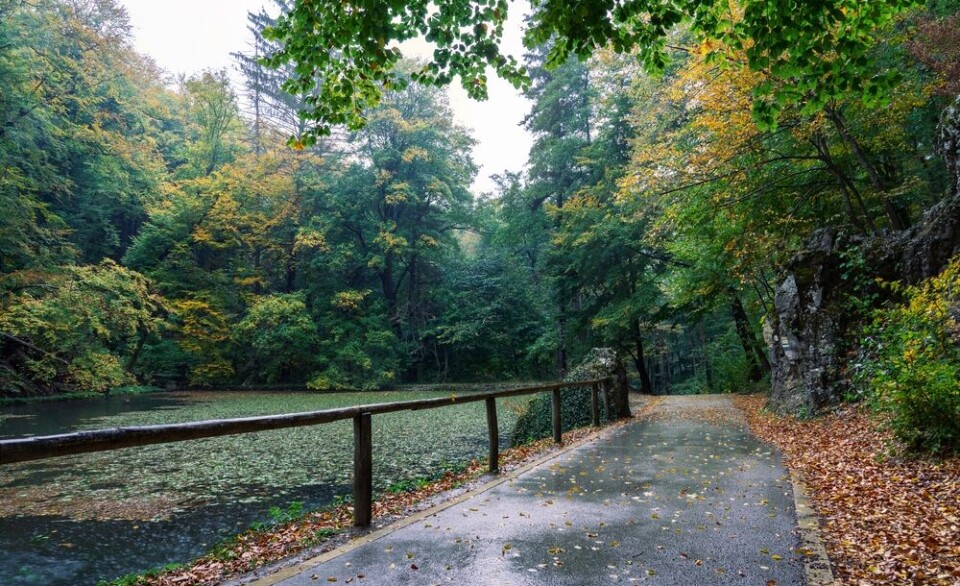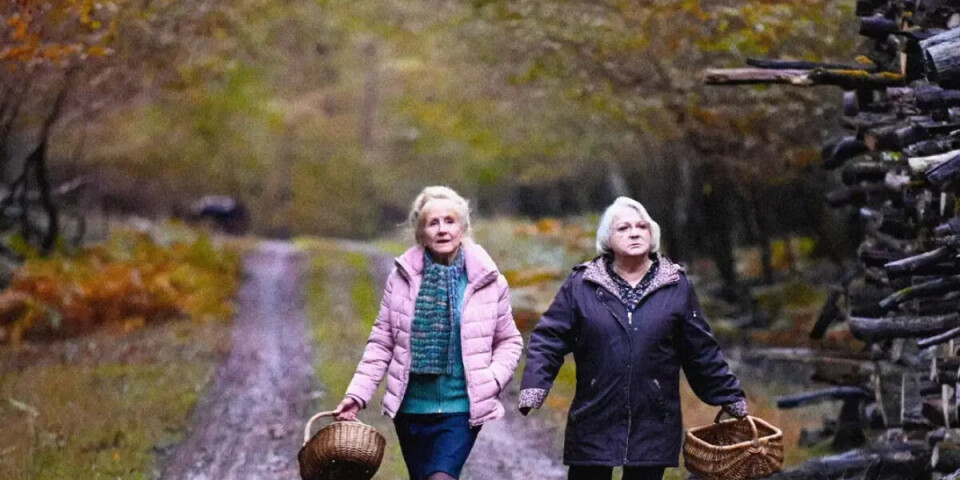-
Death charges claimed by French banks to be restricted
New law passed by the Senate in early summer
-
Electric bike popularity in France opens way for new insurance deals
Number in country rockets as theft policies evolve
-
What is France’s ‘intime conviction’ legal concept used to reach verdict in Cédric Jubillar trial?
Unique approach to murder trial without a body that transfixed France
Man gets second-degree burns from 'pebble' found on French beach
The intense pink stone was in fact phosphorus left over from World War Two

A man in northwestern France has been badly burned on the fingers and leg after picking up a ‘pebble’ from a beach that turned out to be a piece of phosphorus from World War Two.
Benoît Mabire was walking with his wife and two children on the Saint-Côme-de-Fresné beach, Calvados (Normandy) on November 8, when he picked up an interesting-looking pink ‘pebble’. His wife washed it in the sea, and he placed it in his coat pocket to keep.
He was especially attracted by the unusual “intense” pink colour.
However, the ‘pebble’ was actually a piece of white phosphorus dating from World War Two, and it quickly caught fire. Once dried and stored in a pocket, it had been rubbing against the other stones in the man’s pocket, and the friction and air caused it to ignite.
The man only noticed when he saw smoke coming from his pocket. His trousers then caught on fire as they had been next to the coat pocket. He suffered second-degree burns to his fingers and leg.
He is now warning others who may be walking on Normandy beaches to “pay very close attention to pretty little pebbles”.
Pieces of white phosphorus may appear as red, pink, or yellow ‘pebbles’, and are likely to be remnants of phosphorus bombs from the conflict.
The Calvados prefect issued a warning on the same subject, and showed a photo of a reddish piece of phosphorus. It said: “[The stones] do not dissolve in water, but burn when in contact with air.”
It added that the phosphorus can cause burns that need to be treated in a “hospital setting”.
Il vous arrive de ramasser des pierres en bord de mer ?
— Préfet du Calvados (@Prefet14) November 4, 2022
🔴S'il n'est pas fréquent d'en trouver il n'est pas non plus exceptionnel de tomber sur un morceau de phosphore datant du #DDay ayant l'apparence d'une jolie pierre rouge
⚠️Insoluble dans l'eau, il brûle au contact de l'air! pic.twitter.com/R2K4EZrqNc
Related articles
War veteran writes open letter against wind farm plans on D-Day beach
British soldiers killed in D-Day landings finally get fitting memorial
























